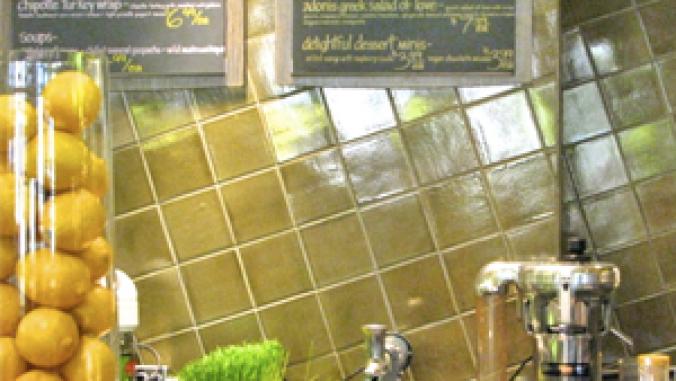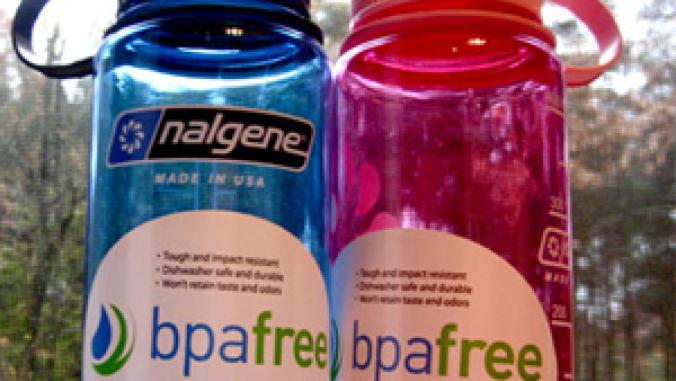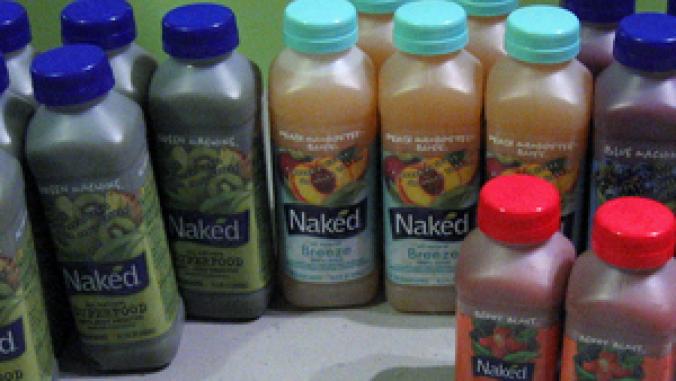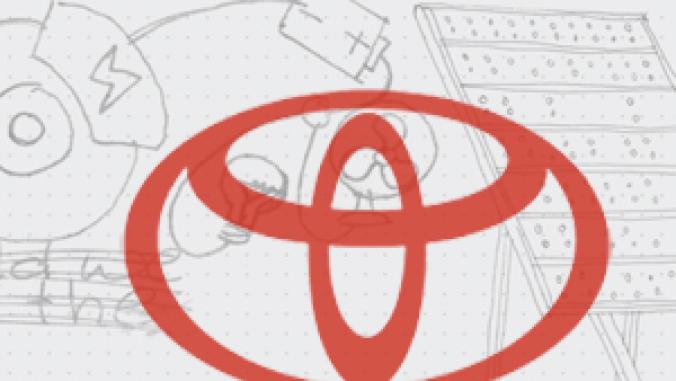New Bioplastic Breaks Down in Home Compost, Produced With Low Energy
<p>A new bioplastic developed by scientists at Imperial College London is based on non-food, fast-growing trees and grass, and can break down in home composting bins.<br /> </p>

Compost - http://www.flickr.com/photos/10413717@N08/ / CC BY 2.0
Scientists at Imperial College London are working on bioplastic packaging - made from trees and grass - that can break down in home composting bins.
One of the challenges with companies using bioplastics is that most bioplastics only break down in industrial composting systems, which are rare compared to recycling systems in the U.S., but more common in the U.K.
The polymer developed by the scientists is made from sugars that come from the breakdown of fast-growing trees and grasses, or agricultural and food waste.
The scientists from the Engineering and Physical Sciences Research Council purposely focused on non-food crops - many common bioplastics come from corn or sugar cane waste - and using low-energy and low-water processes.
And unlike common bioplastics, the material they developed can break down in a home compost bin or garden, using vastly less energy than the industrial composting route, which includes picking up and trucking the waste around and breaking it down in a high-temperature facility.
The researchers are now focusing now on developing the bioplastics for use as packaging or for medical uses.
Because the material is degradable and non-toxic to humans, the scientists say it could be used for releasing drugs in the body, making stitches and setting artificial scaffolds for tissue regeneration.
The team is working with BioCeramic Therapeutics on possible medical applications, and has other commercial partners as well, estimating that the bioplastic could be in use between two and five years from now.
Compost - http://www.flickr.com/photos/10413717@N08/ / CC BY 2.0




